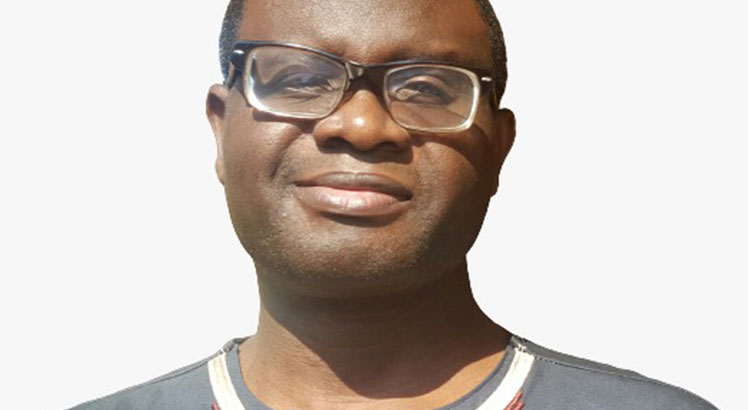Primary school repeaters to cost K45bn
Repetition in primary school will cost taxpayers about K47.1 billion in the 2023/24 National Budget, Nation on Sunday has estimated.
The repetition rate hit 25 percent last year and the current national budget is set to pay the price, according to the 2023 Annual Economic Report.
The report, filed by the Ministry of Finance and Economic Affairs, reads: “Repetition rates, which calculate how many students repeat a standard in a given year as a percentage of those enrolled in that standard the previous year, grew to 25 percent in 2022 from 18.7 percent in 2021.”
While acknowledging that repetition is costly for the public purse, the report urges “schools to do more to motivate learners.
“Repeaters typically place a significant burden on schools by consuming more public resources than would otherwise be necessary.”
The 2022 Education Management Information System (Emis) report shows that there were 1 237 168 primary school learners that were repeating.

With the Education Sector Performance Review report of 2022 showing that the unit cost per primary school learner was K38 101, this means the total expenditure on repeaters is roughly K47.1 billion.
“Out of the K603 36 billion allocated to the education sector for the 23/24 fiscal year, K47.1 billion is eight percent,” enlightens education expert Steve Sharra.
Responding to our questionnaire in his personal capacity, Sharra—who is also associate professor and dean for Education, Social Sciences and Technology at Unicaf University, blamed the rise in repetition rate on shortage of teachers, learning materials and natural disasters.
The country has in the past three years battled against Covid-19, cholera and tropical storms like Ana and Gombe.
Sharra said: “There are over 15 000 qualified primary school teachers who have been trained in the last five years, but have not been employed by the government.
“The best the government can do is to recruit auxiliary teachers. This is a serious problem which is eroding the quality of education because these teachers are not given the support they need to teach to their best capability.”
On learning materials shortages, he said many learners scrambling for few textbooks may not help to reduce repetition in primary schools.
“The first thing to note is that the 2022 Emis data indicate chronic textbook shortages. In Standard One, four learners were sharing one English and one Chichewa textbook. Five learners were sharing one mathematics and numeracy textbook.
“Standard Five had the highest pupil-textbook ratios, with 10 learners sharing one English and one Chichewa textbook, and nine learners sharing one mathematics textbook.
“It is very difficult to learn when you do not have access to your own textbook, and have to share with many others,” observes Sharra.
Meanwhile, the Parliamentary Committee on Education, Science and Technology has described the repetition rate as shocking.
The committee’s chairperson Ephraim Nayeja in an interview yesterday blamed the education foundation as not strong enough to produce wonders in primary schools.
He said: “We do not have proper structures to regulate early childhood development centres. Due to lack of that regulation, you find that most of those who run nursery schools are just volunteers.
“They really do not know what to do to prepare these learners as they go into Standard One. We also do not have a curriculum in place. In the end, a care giver can just decide what to teach on that particular day.”
Nayeja also said shortage of teachers, poor infrastructure and lack of textbooks and other teaching and learning materials contribute to the repetition rate.
He said the K47.1 billion projected expenditure on repeaters could have been avoided if the country invested heavily in the education sector.
Ministry of Education spokesperson Mphatso Nkuonera was yet to respond to our questionnaire at press time yesterday.





